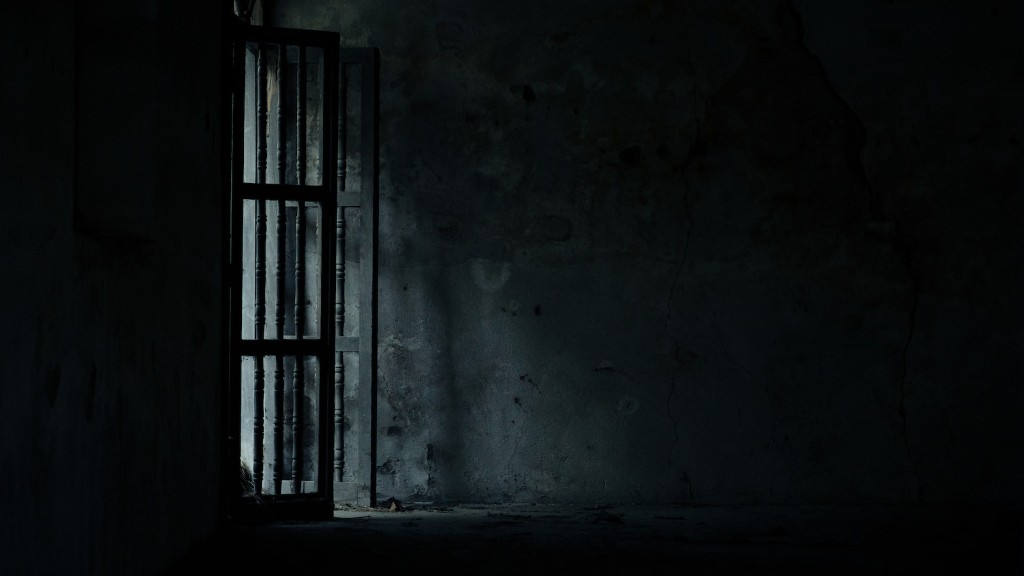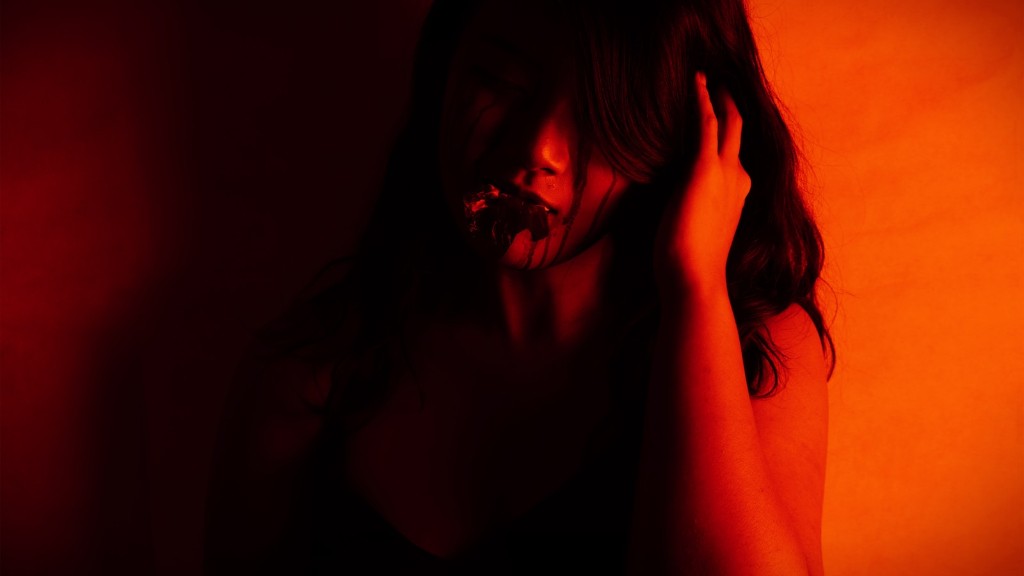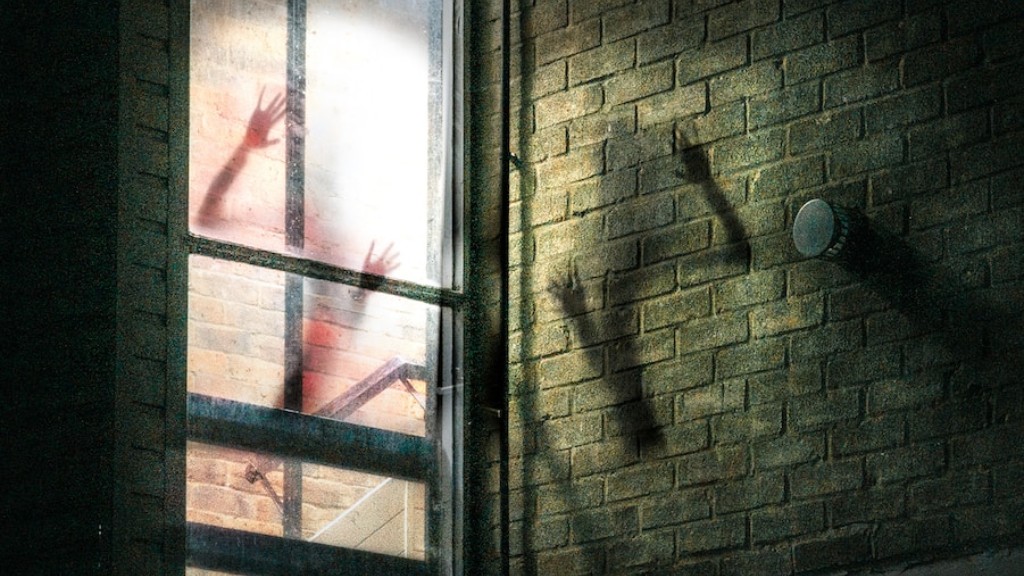The human body is capable of experiencing a range of emotions, and horror movies are designed to elicit fear in viewers. When watching a horror movie, the body responds by releasing adrenaline and cortisol, which can cause an increase in heart rate and blood pressure. Some people may also experience anxiety, insomnia, and nightmares as a result of watching horror films.
Some people experience a heightened sense of fear or anxiety when watching horror movies. This is because the mind is actively processing the suspenseful and potentially dangerous situation that is unfolding on screen. The body may react with increased heart rate, sweating, and trembling. In some cases, people may even feel like they are in danger themselves.
What effects do horror movies have on the body?
It is important to be aware of the potential negative effects of watching horrific images, as they can trigger unwanted thoughts and feelings, and increased levels of anxiety or panic. Additionally, they can increase our sensitivity to startle-eliciting stimuli, making those of us who are anxious more likely to respond negatively and misinterpret the sensations as real threats. If you find yourself feeling more anxious after watching such images, it may be best to avoid them altogether.
Horror films can have a range of effects on viewers, both physically and psychologically. Physically, horror films can create shivering, closing of the eyes, startle, shielding of the eyes, trembling, paralysis, piloerection, withdrawal, heaving, and screaming. Psychologically, horror films can produce changes in psychophysiology, specifically increasing heart rate and galvanic skin response. In addition, horror films can also cause viewers to experience fear, anxiety, and stress.
What happens in their brain and body when they watch a scary movie
The results of multiple studies have shown that watching scary scenes can actually improve your brain function. By increasing your adrenaline levels, you release neurotransmitters that help you to react faster, be more alert, and concentrate better. So next time you’re looking for a mental boost, consider heading to your local horror movie theatre!
Adrenaline is a hormone that is released in response to stress. It is also known as the “fight or flight” hormone because it prepares the body for physical activity. Adrenaline can cause an increase in heart rate, blood pressure, and breathing. It can also cause sweating and pupil dilation.
Do horror movies cause arousal?
The excitation transfer process is a psychological phenomenon that occurs when the residual arousal from one event carries over into another event. This can happen when people watch a scary movie and the residual arousal from the film carries over into their everyday lives. The excitation transfer process can also happen in other situations, such as when people experience a traumatic event.
Some research indicates that people with a higher sensation-seeking trait tend to seek out and enjoy horror-related experiences more. Those with a lower sensation-seeking trait may find those experiences unpleasant and avoid them.
How do you feel when you see a horror movie?
When we get scared, our brain’s immediate response is to go into fight-or-flight. Our hearts race, our muscles tighten, we jump, we scream. When we watch a horror movie, it stimulates the brain and it responds with the physical and emotional sensations we call fear.
Horror movies are popular because they offer an adrenaline rush and an opportunity to learn about dealing with scary situations in a safe environment. Researchers have identified three broad types of horror fans: “adrenaline junkies,” “white knucklers” and “dark copers.”
What emotions do horror movies make you feel
Horror film actors are known for their over-the-top facial and bodily expressions. This is not only to portray different emotions like fear, shock, nervousness, desperation, and tension, but also as a narrative strategy. By exaggerating their expressions, they are able to create a more suspenseful and scary atmosphere for the viewer.
Horror entertainment is designed to trigger the fight-or-flight response in order to create a sense of suspense and excitement. The release of adrenaline, endorphins, and dopamine during this response can make the experience more pleasurable for some people. Additionally, the brain is able to process the surroundings and conclude that the experience is not a genuine threat, which can also be a reassuring feeling for some.
What 2 parts of the brain are stimulated in scary situations?
The amygdala is responsible for the fight-or-flight response, which is a natural response to perceived threats. The prefrontal cortex is responsible for higher-order thinking and problem-solving. Together, these two areas of the brain help us to see stressful events as less threatening and more manageable.
During scary movies, our brains release adrenaline, which prepares our bodies for stressful situations. Our sympathetic nervous system responds to the threat and throws us into the “fight or flight” response. This means that our heart rate and blood pressure increase, we start to breathe more quickly, and our muscles tense up. This reaction is meant to help us defend ourselves or run away from danger, but it can also make us feel pretty panicked!
What chemical does your body produce when you are scared
When you are afraid, your body releases stress hormones like cortisol and adrenaline. These hormones cause your blood pressure and heart rate to increase, which can make you feel more scared.
Although it is Mostly likely not that fear can cause a heart attack, in very rare cases this phenomenon is called fear-induced stress cardiomyopathy, or broken heart syndrome.
Do horror movies boost your immune system?
Horror entertainment can be a great way to create memorable experiences with loved ones. Not only can it boost your immune system, but it can also help you bond with others. So next time you’re looking for a fun and unique way to spend some time with your friends or family, consider heading to the nearest horror movie theater!
Many people believe that horror fans have low empathy. However, this claim is rooted in a flawed interpretation of a 2005 meta-analysis. The meta-analysis found that horror fans may be less coldhearted than the average person. This suggests that horror fans may actually have higher levels of empathy.
Do people with anxiety like horror movies more
But there’s something about being scared in a controlled setting-like a dark theater with a suspenseful movie-that can actually be kind of cathartic. And it turns out, horror fans may have something else in common: anxiety.
It is interesting to note that anxious people might get better at handling their own anxiety by watching scary movies. This is likely due to the fact that they are able to identify the source of their fear and feel in control of the situation.
Final Words
The body reacts when watching horror movies by releasing adrenaline. This hormone increases heart rate and blood pressure, and it also sharpens the senses. This physiological response is known as the fight-or-flight response, and it is the body’s way of preparing to protect itself.
Horror movies produce a number of different reactions in the body. They can cause the heart to race, the palms to sweat, and the mind to become more alert. In some cases, people may even feel like they are in danger. All of these reactions are natural ways for the body to protect itself.




